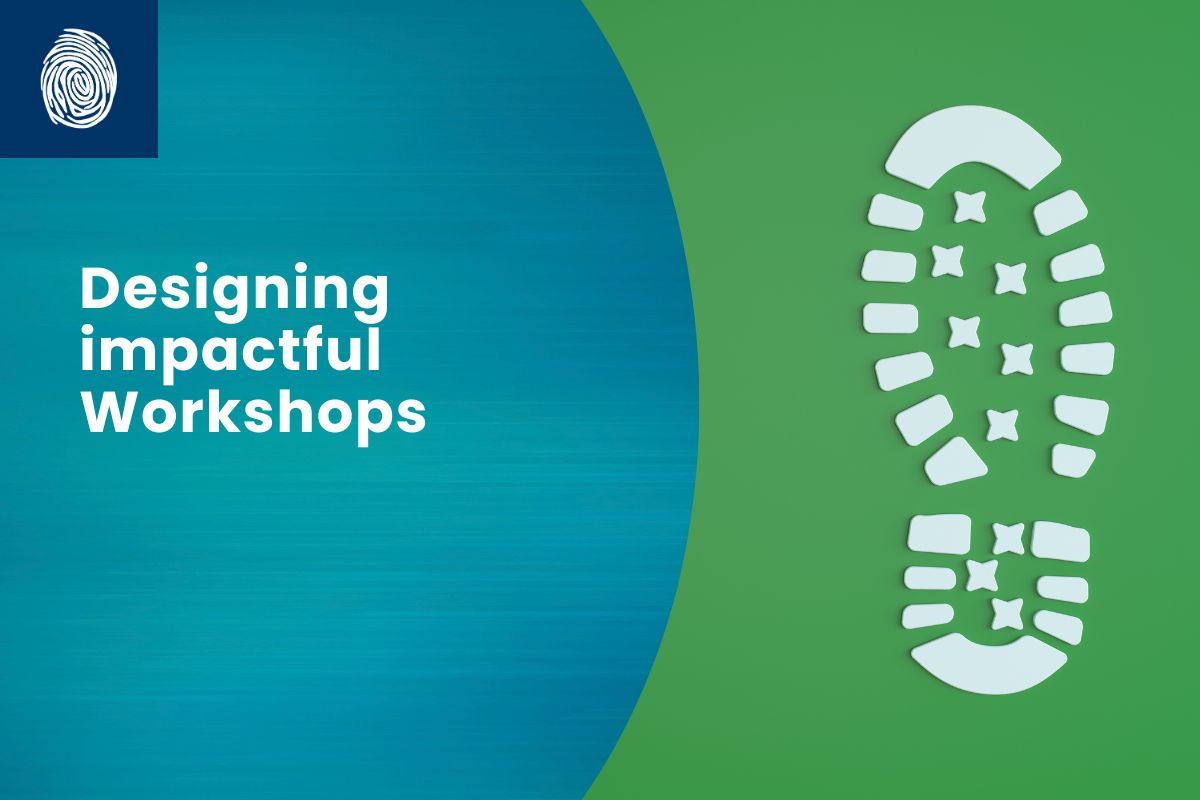I recently shared a blog on pricing and I would love to dig into one of the options in that blog, retainers.
Implementing a retainer strategy can enhance the stability and profitability of your coaching business. Unlike one-off sessions, retainers provide a steady stream of income and foster long-term client relationships.
What is a Retainer?
A retainer is an agreement where a client pays a recurring fee or lump sum fee for ongoing access to your coaching services. This arrangement is typically based on a monthly fee and can include a specified number of coaching sessions, additional support, and other value-added services.
For some clients they have budgets they want to use before the end of their financial year so would rather pay upfront and draw down as required.
Benefits of a Retainer Strategy
- Predictable Income: Retainers provide a stable and predictable income stream, helping you manage your finances and plan for growth more effectively.
- Stronger Client Relationships: Long-term engagements foster deeper relationships, allowing for more significant client transformation and better results.
- Better Time Management: With a set number of clients on retainers, you can better manage your schedule and avoid the feast-or-famine cycle typical of one-off sessions. This can save time with the administrative task of raising and paying multiple invoices for you and your clients. This can also be handy to encourage clients to buy bundles of codes.
- Enhanced Client Commitment: Clients who commit to a retainer are more likely to be serious about their development, leading to more meaningful progress.
Steps to Implementing a Retainer Strategy
- Define Your Retainer Packages
- Create clear and compelling retainer packages that offer distinct value at different levels. Consider the following components:
- Number of Sessions: Specify the number of one-on-one sessions included per month.
- Additional Support: Offer email or phone support between sessions. I know my friend Lisa Cummings uses the app Voxer as a way to record quick messages. I since signed up and found this useful to use with some clients. Note that some people are reluctant to take on yet another app for messaging so asking what they use already helps. Many platform have a voice messaging option in addition to typing the message
- Resources: Provide access to exclusive resources, such as webinars, workshops, or online courses, extra sheets from Cascade.
- Customization: Tailor packages to meet the specific needs of different client segments or you Niche if you have one (e.g. executives, entrepreneurs, career changers).
Example Packages:
Basic Retainer: 2 coaching sessions per month, email support, access to resource library.
Premium Retainer: 4 coaching sessions per month, email and phone support, access to resource library and monthly webinars or Master Classes:
Some examples of Master Classes I use for corporate clients:
- How to read the Team Grid
- Going Deeper with the Best of Us
- 7 Expectations for Excellence
- 5 Critical Conversations
- 5 Truths of Strong Teams
- Giving and Receiving Feedback
- Book/ Podcast Club
- Smart teams – using time wisely in meetings
- Leaders/Managers Report Deep Dive
- Navigating Change
- Resilience
VIP Retainer: Unlimited coaching sessions, priority email and phone support, access to all resources like Cascade, E2Grow integration, .discounted assessment codes, quarterly workshops and Master Classes and Office Hours where you base yourself from their office once a month for the day and people can book in in 30-60 min slots on a first come first serve basis. This could be just for Managers or for all employees.
Topics might include:
- Career Conversations
- One-on-one coaching
- Discuss a certain talent
- Discuss a challenge with a team member and how to better coach them
- Communicate the Value
Clearly articulate the benefits of a retainer arrangement. Emphasize the ongoing support, consistent progress tracking, and the stronger, more impactful relationship that a retainer provides. Use testimonials and case studies to showcase the long-term benefits clients have experienced under your retainer plans.
Show how they would get a discounted rate for paying via a retainer, this helps them for their budget planning.
If you find your diary is in demand show them, they get priority using calendar links like Calendly with hours that suit them.
- Set Clear Terms and Conditions
Establish clear terms and conditions to avoid misunderstandings. Include details such as:
Duration: Define the minimum commitment period (e.g., 3, 6, or 12 months).
Cancellation Policy: Specify the terms for early termination and any associated fees.
Payment Schedule: Outline the payment schedule and acceptable methods of payment.
Scope of Services: Clearly define what is included in each retainer package to set proper expectations.
Roll Over: Be clear as to whether unused hours will roll over into the following month or even year. Stay in contact, remind them what they have left, and offer ways they could use the hours.
- Offer a Trial Period
Consider offering a trial period or a discounted first month to allow potential clients to experience the benefits of a retainer without a long-term commitment. This can help overcome initial hesitations and demonstrate the value of ongoing coaching.
- Regular Check-Ins and Adjustments
Maintain regular check-ins with your retainer clients to assess their progress and adjust the coaching plan or workshops as needed. This ensures that the coaching and support remains relevant and valuable, increasing client satisfaction and retention.
- Upsell and Cross-Sell Opportunities
Use the retainer relationship to identify opportunities for upselling and cross-selling additional services. For example, if a client is on a basic retainer, you can suggest upgrading to a premium package for more intensive support. Additionally, offer complementary services such as group workshops, specialized training sessions, or access to exclusive events.
A retainer strategy can transform your coaching business by providing steady income, fostering deeper client relationships, and allowing for more impactful coaching experiences. By defining clear and valuable retainer packages, communicating their benefits, and maintaining regular engagement, you can build a sustainable and profitable coaching practice that truly supports your clients’ long-term growth and success.




